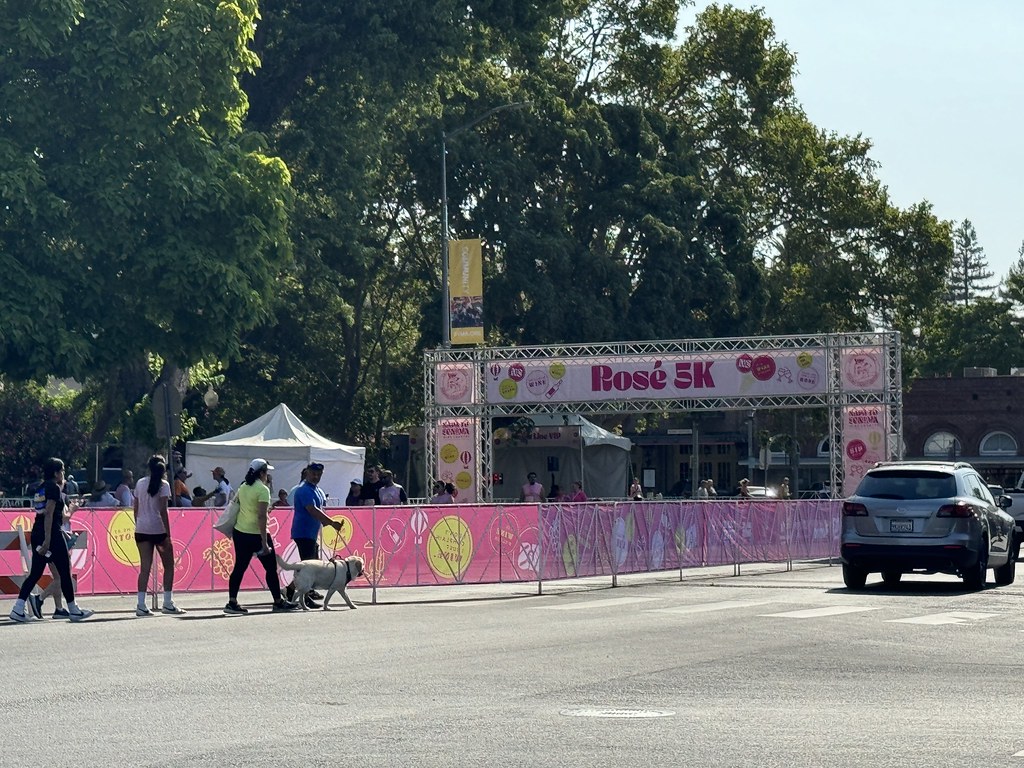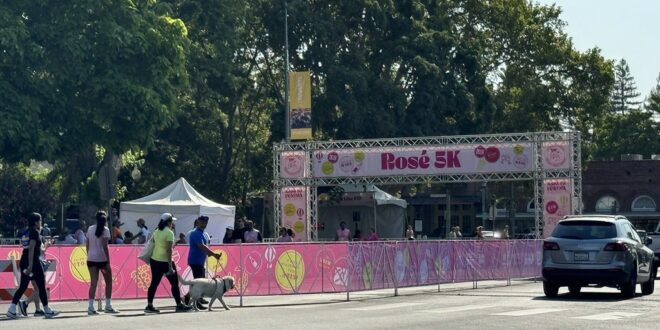
Uploaded on October 6, 2024
Taken on July 20,…
Source : https://www.flickr.com/photos/sarahvain/54044826772/in/pool-17918700@N00


Taken on July 20,…
. . . . . . . .. . . . . . . . . . . . . . . . . . . . . . . . . %%%. . . * . . . . . . . . . . . . . . . . . . . . . . . . . . . . . . . . . . . . . . . . . . . $ $ $ $ $ $ $ $ $ $ $ $ $ $ $ $ $ $ $ $ - - - - - - - - - - - - - - - - - - - - . . . . .